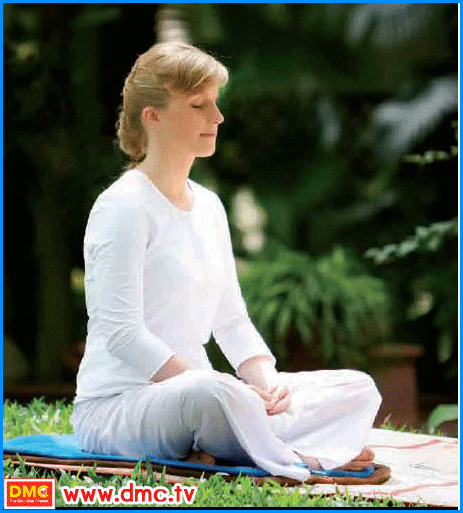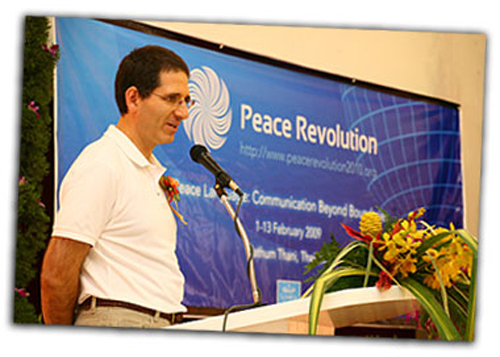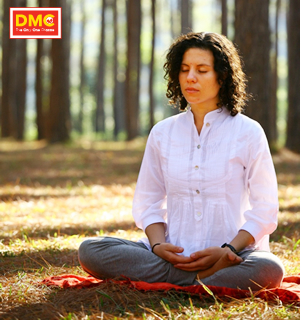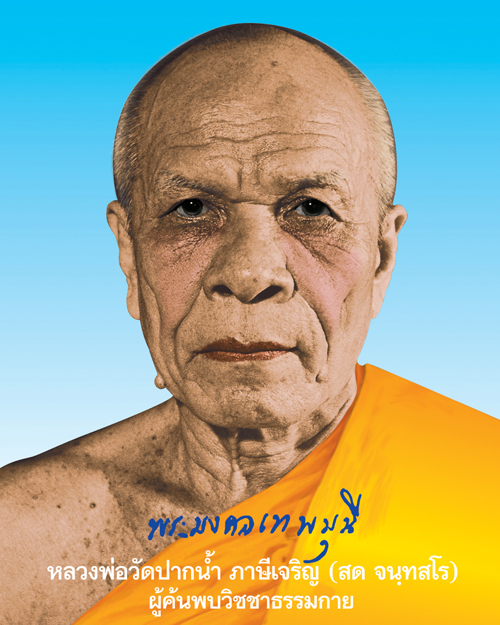Question:
Venerable Luang Por, Sir, I initiated many friends into the practice of Dhammakaya meditation. They asked me why there are so many methods of meditation and why all the traditions claim that their method is the best. I would like to know how I should explain this issue to them.
Venerable Luang Por, Sir, I initiated many friends into the practice of Dhammakaya meditation. They asked me why there are so many methods of meditation and why all the traditions claim that their method is the best. I would like to know how I should explain this issue to them.
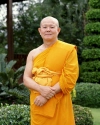 Answer
Answer by Venerable Dhattajeevo Bhikku
Dear benefactor, first of all, you must know the principals of practicing meditation, and then you will easily find the way to explain. Briefly, the principal of the practice of meditation is only to train the mind to be still and calm.
Know that to train the mind is to bring one’s mind to rest within oneself, for naturally the untrained mind is wandering around and has a disposition of constant thinking. The mind has merely the two said activities.
For instance, in the meantime while you are sitting here, your mind may travel to China or to Haad Yai or as far as Pattani. It is possible for the mind.
2) The mind possesses the nature of non-stop thinking, especially when you are alone. The more the mind thinks, the more it is woven because the untrained mind is always easily attracted by external things and falls into the whirlwind of thoughts.
The Lord Buddha taught people to practice meditation in order to bring their minds back to the center of their bodies; so that their minds will have no wandering, no extraneous thoughts and will not be in a vexed and confused state; and will become even more powerful.
Although there are as many as forty methods of meditation practice, the main traditions are only a few, and the rest are supplemental.
The reason for having both main methods and supplementary methods of practicing meditation is to suit people of different temperaments. Some people are temperamental; the others are either intellectual or torpid.
I think that the existing number of principal methods of meditation in Thailand is primarily three to five. The rest of more than thirty methods are supplementary.
So you can choose to practice meditation in any place where it has been established after a considerable period of time and where the teachers are experts in the technique of meditation who can capably guide the practitioners step by step. This is because all the techniques of Buddhist meditation were discovered and taught by the Lord Buddha.
They do not belong to any individual meditation teacher or any meditation school. If the teachers are experienced in the teaching of meditation, you should go and set your mind to learning with them.
After having earnestly practiced for a certain period of time but do not feel satisfaction with the result, you then can try a new tradition. However, the reason for changing is not because the meditation teachers are not qualified, but because the method of meditation is just not suited to your disposition.
You must first make sure that the alteration to the new tradition is made after you have devoted your strength and effort to the initial practice.
If you practice for a while and keep changing around, the meditation training will never come to fruition.
In conclusion:
1) Principally, the practice of meditation aims to focus the mind, which by nature is wandering outside the body, back to the center of the body and continue to carry on with the concentration.
2) Practically, no matter which techniques they are, if the process is not distorted from what is described in the original Buddhist Canon, it will give the practitioners the achieved result.
3) Advisably, you should give yourself the chance to receive the instruction and verify your experience with the qualified meditation teachers.
Then, with the teacher’s experience, he will be enabled to see whether your disposition is suited to the technique of meditation; if it is not, he will suggest to you to practice a more appropriate method.
You, at that time, will be confident with the new start. Anyway the most important factors of achievement are earnestness and consistency; do not practice haphazardly. Instead you should constantly remind yourself of the Lord Buddha’s resolution on the day before His enlightenment.
When the day before His enlightenment arrived He made up His mind. After six years of serious ascetic practice took place, He was confident of His long assiduousness and the accumulated experiences from various great teachers. He knew that the last thing to do was to have the determination to achieve the goal of enlightenment. He, after having sat himself down on the meditation seat, therefore, made a resolution:
“Even if my blood dries out, my flesh, my bones, sinews and my skin shrivels, I shall not relent from my resolve. Never from this seat will I stir, until I have attained Supreme Enlightenment.
Or to speak sincerely, let me die if I do not become enlightened.”
You too are to try with the utmost effort before giving up the present method and engage in a new tradition of meditation practice.
To what extent do the words “practice faithfully” imply? The extent of the Lord Buddha’s determination to enlightenment was at the cost of His life. However for us, it may not be that much.
At the least, it should imply an hour-long practice of meditation after waking up and another hour-long meditation before going to bed. Through the day create the feeling that your mind is united with the center of your body while conducting all activities. Whenever you realize that your mind has wandered outside your body, just bring it back gently.
Continuously integrate meditation into your everyday life and make the promise to yourself that you must practice meditation daily. Before long, you will be able to see the remarkable progress in your meditation experience.



